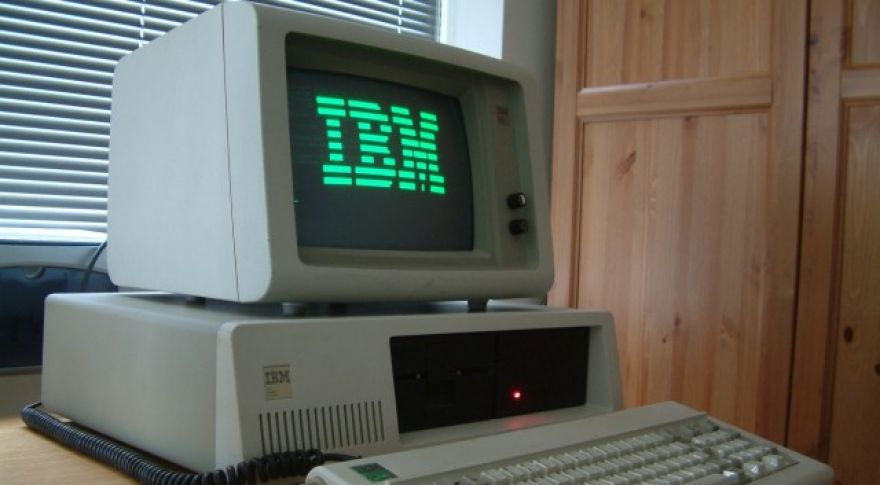
Gartner Predicts PC Industry Will Grow, but Only One Part of It
The last few years haven’t been kind to the PC industry. From a high of 365 million devices shipped in 2011, the industry has contracted to just 263 million units shipped (estimated) for 2017. That’s more than a 25 percent drop, and it’s had a serious impact on multiple companies, from HP’s decision to split its consumer and enterprise product divisions, to Dell’s decision to go private several years ago. After six straight years of declines, Gartner is predicting a small recovery, though 2019’s estimated sales will still be lower than 2016.
This will be principally driven by significant growth in what Gartner calls the premium ultramobile space, as traditional laptop and desktop sales are expected to decline from 220 million units in 2016 to 188 million units in 2019.
Table 1, shown below, breaks down the categories and expected growth or decline rates.
We reached out to Gartner for clarification on device categories and were told that premium ultramobile devices are the high-end ultrabooks and 2-in-1 designs with starting prices at or above $1,000. These systems use Intel Core processors–AMD may make a play for some of them with its upcoming Raven Ridge, but that’s still to be determined–and feature SSDs and support a wide range of scenarios that require high system performance (content creation, video editing, transcoding, etc). Shipments in this category are expected to jump from 50 million units in 2016 to 81 million units in 2019.
Basic and utility ultramobiles, according to Gartner, is a less-specific group of products focused primarily on content consumption. This would include the low-cost ultraportables based on Atom (), but also covers Android tablets, non-Pro iPads, Windows RT (when it was applicable), and Chromebooks. Growth here is expected to be negative or flat, though we don’t know which specific products will change. Gains in Chromebook shipments, for example, could be offset by a decline in Atom sales or iPad sales.
The 0.8 percent projected growth for PC shipments in 2018 comes courtesy of a business refresh prediction and new support from the Chinese government. Windows 10 deployments have been delayed in that country due to security concerns, but Microsoft is working on a version of the OS that will pass muster with China. Ranjit Atwal, research director at Gartner, believes improved sales in Russia will also boost the overall market.
“The features of Windows 10 could be particularly useful for the Chinese Government that is looking to move from desktops and notebooks to ultramobile premium devices,” Atwal said. “We expect this development to positively impact the PC market in 2018.”